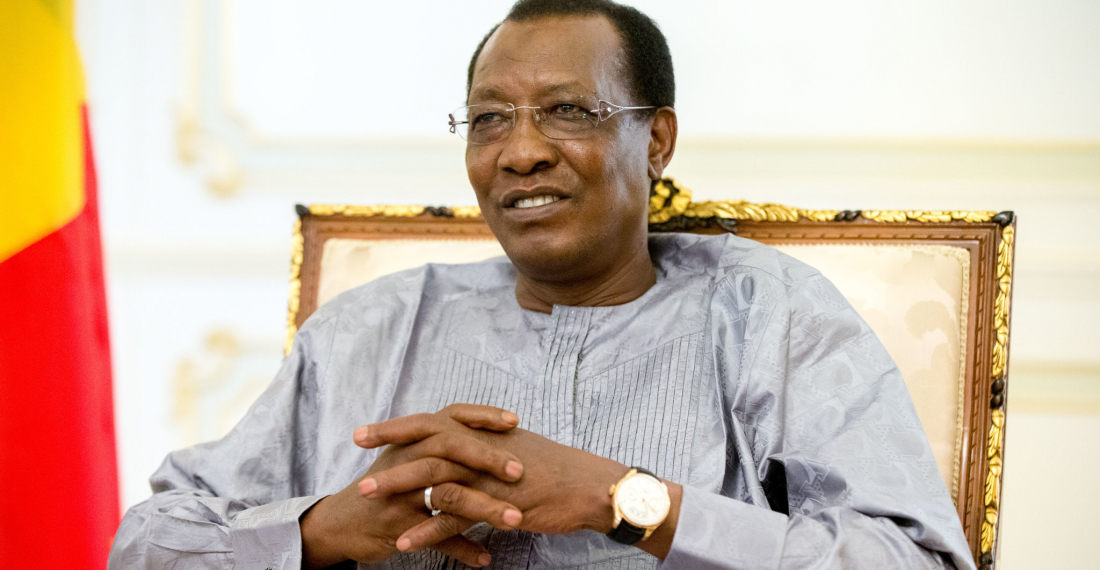- Armenia-Azerbaijan Strategic Expert Platform: Members emphasise the importance of the present moment for the South Caucasus and call for the momentum to be used for the long-term peace and prosperity of the region
- Thursday Interview: Dr. Anar Valiyev
- Food insecurity in Somalia has nearly doubled in the past year
- Türkiye evaluating potential measures in case of a US-Iran conflict
- European Parliament reaffirms support for Ukraine and EU Path
- EU moves ahead with Ukraine loan preparations despite Hungarian block

Chad's President Idriss Déby has died of his injuries following clashes with rebels in the north of the country at the weekend, the army has said.
The announcement came a day after provisional election results projected he would win a sixth term in office.
The government and parliament have been dissolved. A curfew has also been imposed and the borders have been shut.
Mr Déby, 68, spent three decades in power and was one of Africa's longest-serving leaders.
A military council led by Mr Déby's son, a 37-year-old four-star general, will govern for the next 18 months.
Mahamat Idriss Déby Itno will lead the council but "free and democratic" elections will be held once the transition period is over, the army said on Tuesday.
Read more: Reports of clashes between government forces and rebels in Chad








